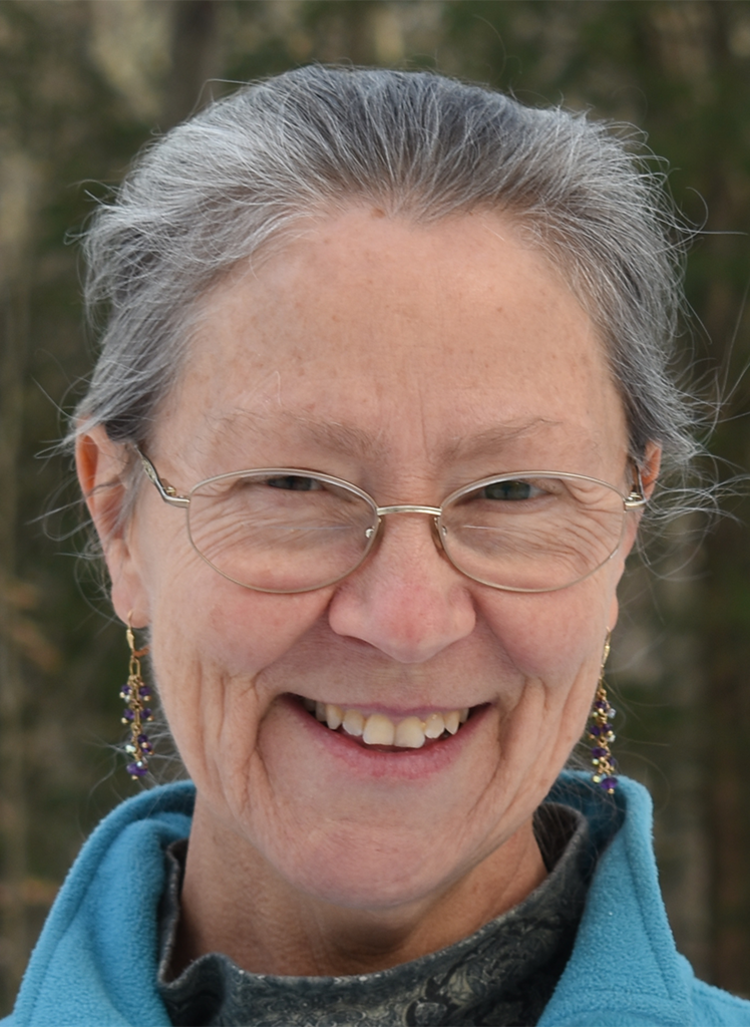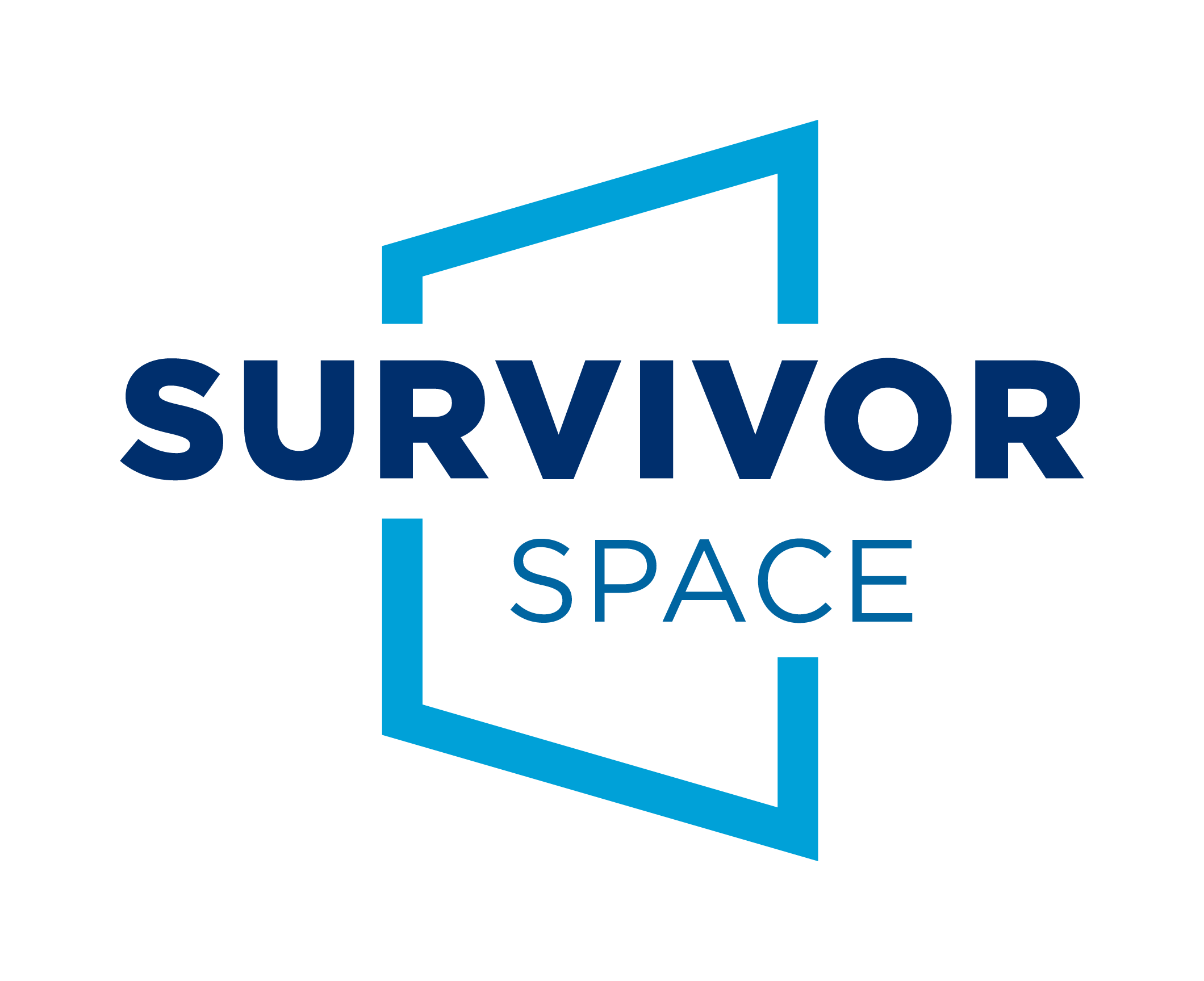Accessing Memories During Healing

Adult survivors of child sexual abuse may have no conscious memory of their abuse. They may not remember what happened, who hurt them, when they were hurt, where it happened, or when. They may only carry the aftermath, which affects their life in myriad ways. Many survivors will enter therapy, seeking to become more balanced in a world which seems confusing and frightening at times, and all without rhyme or reason. Many survivors experience flashbacks that they at first relegate to imagination, hallucinations, or recollected nightmares.
Over time, without help, these survivors may find it more and more difficult to function normally in everyday situations, including home life, relationships, and work environments. They unconsciously may begin to avoid triggers such as social situations, relationships, even friendships, creative avenues, and/or travel, noticing that their world becomes smaller over the years. Without realizing it, they are trying to keep the knowledge of what has happened locked away.
Forgetting traumatic events begins as a safety measure, enabling the child to continue living in an abusive situation wherein it is not safe to reveal the abuse. This forgetting helps conceal the abuse but also allows the child to survive in potentially dangerous environments. An abused child may act out behaviorally, either outwardly with aggression and defiance, or inwardly with anxiety and shyness, along with many other behaviors and developmental delays, while continuing to conceal the actual inciting or ongoing trauma.
As adults, these memories may begin to surface, confusing the survivor with seemingly nonsensical mental pictures, bodily sensations, even smells, sounds, tastes, and words or phrases. At times, the survivor may feel that she is perhaps losing her sanity, since these flashbacks do not relate to her current life and have no connection to any conscious memories.
With help, these memories can slowly be allowed, acknowledged, and integrated. People, places, and events can begin to be pieced together, filling holes in her childhood. Like repairing a ruined painting, she can begin to reveal and understand the origin of many of her fears, insecurities, and anxieties. Eventually, over years, she may be able to experience the world in a way that was never previously possible. She may be able to go to parties and socialize without the crutch of alcohol, or she may find herself writing that novel she could never finish, or perhaps take more classes towards her degree and begin teaching. The possibilities are as varied as the survivor.


Photo by Omid Armin on Unsplash
Photo by Omid Armin on Unsplash
By learning her triggers and understanding the logic of her reactions, she can let go of her instinctual responses and learn to experience the world in another way, in a way that leaves her stronger, more confident, and more engaged. The memories then take a proper place in her mind as the dark parts of her childhood can now be healed. She can allow her own adult self to finally mature into the person most able to comfort her hurt inner child.
Regaining memories is a delicate process, different for every survivor. She must be ready, prepared for the storm these memories may contain, also willing to examine hurtful events and feelings. She must be ready to explore those dark back rooms wherein she has kept private much of the pain that holds her back in her adult life. Having a strong support group to turn to, reflect with, and unconditionally support her as she shares her stories is an important asset for this journey of self-discovery. Conversely, avoiding any situations promising to “force” her to recover memories is important, because this recall is so very different for every survivor, and must be completely controlled by her. Remembering is about releasing what is already inside, not actively forcing out what might end up being distortions of the truth.
This is not about force, this is not about making up fairy stories. Indeed, there has been too much force and violence already in any survivor’s life. We all convince ourselves, for a while at first, that these long-forgotten memories are simply fairy tales. We often punish ourselves even while remembering the punishment at others' hands; meanwhile continuing to carry the blame that belongs to our abusers. The blame that belongs to the adults in our lives who should have known better. The adults who should have noticed. The adults who should have asked.
Reclaiming memories and clearly divesting our child selves from any fault is one of the paths towards living a more fulfilled, healthy, satisfying life.


About the Author:
Wendy Jensen is a Survivor of Child Sexual Abuse.
"I want everyone to know that abuse is not just something that happens to you, and then you move on. Abuse, especially at a young age, gets inside of you and changes how you view yourself and your world. It gets in the way of your free expression as your own unique self. Now I speak out, because our stories need to be told. I am a survivor. Together with other survivors we can bring this silent suffering to light, take hands together, bring the abusers out into the open, and stop the harming. It can be done."

Published by SurvivorSpace, an initiative of Zero Abuse Project
